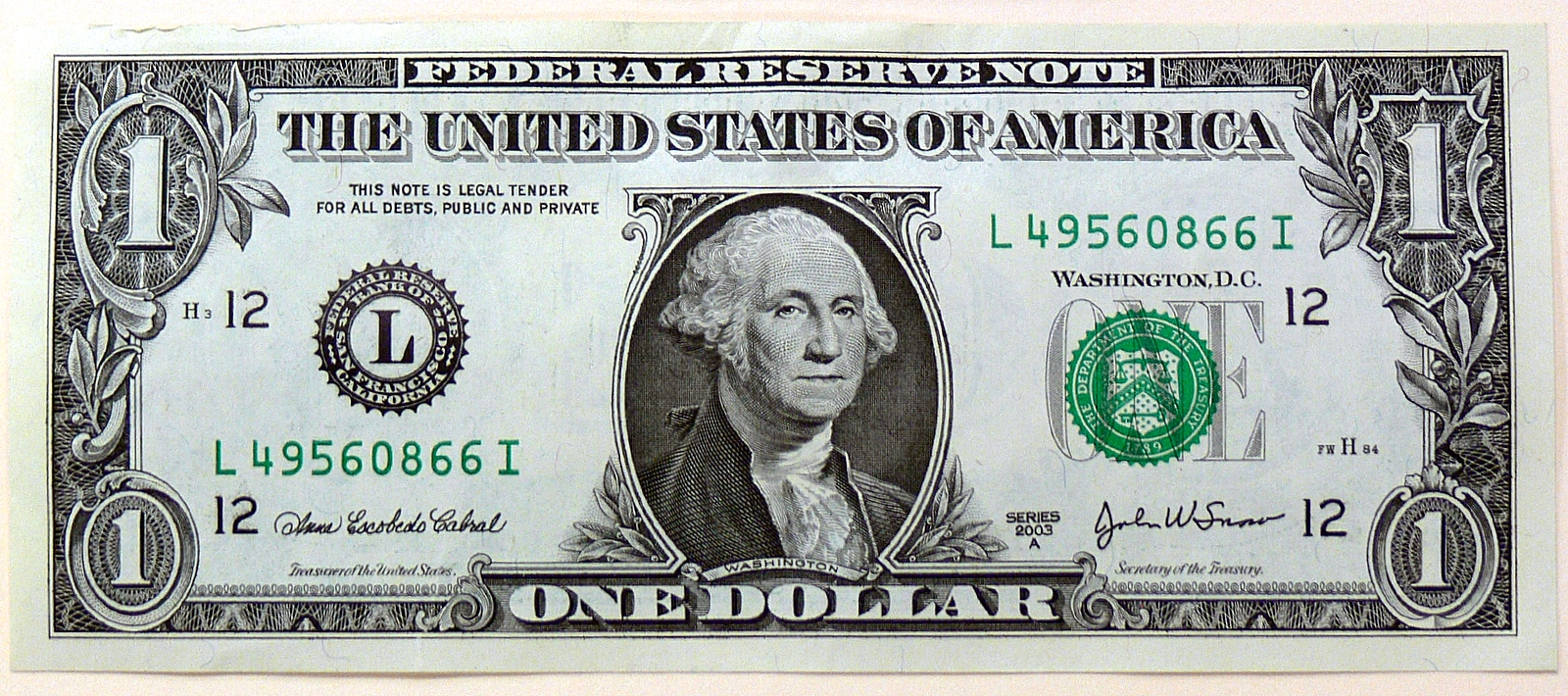The beauty of the country at this time of the year notwithstanding, one cannot escape the severe economic crisis afflicting the country.
 |
| What is the Dollar worth in Malawi Kwacha: MK165 or MK270? |
The Malawi government faces a big decision on revamping its antiquated forex exchange policy. Clearly, the fixed exchange rate policy is not working as it is failing to keep pace with unfolding developments. At the official rate of $1=MK165, the Malawi Kwacha is grossly overvalued. This is causing a lot of hurt to the formal banking sector, and, by extension, businesses and individuals that cannot transact on the parallel market. The crippling fuel shortages are meanwhile one of the most visible manifestations of the consequences of this failed forex policy (the fuel shortages are a blog piece for another day!)
While a major devaluation of the Kwacha, as demanded by the IMF and most local economists might help to ease the forex shortages, I must say I am no longer convinced this will be a sufficient response. While the IMF is reported to have been recommending an exchange rate of between MK230-250 to the Dollar, these would still be below the rates currently being offered on the parallel market. It is thus doubtful any devaluation to the levels being recommended by the IMF would encourage more people to transact on the formal foreign currency market. Indeed, as my friend Joseph Chunga at Chancellor College told me during the week, chances are high that even if the devaluation matched the current rates on the parallel market, the informal forex dealers would most likely respond by adjusting their rates upwards, thus neutralizing any potential benefits from the devaluation.
In my considered opinion, the only solution lies in a major policy shift towards a full liberalization of the Kwacha. This would free the banks to match the parallel market and thus make them competitive again in the forex market.
Many, including President Bingu wa Mutharika will argue that a wholesale liberalization of the currency market will lead to skyrocketing of prices for commodities. And they will be right. However, what should also not be overlooked is that under the current set-up, prices are already going up while many commodities are becoming scarce and unavailable. In my one week stay, I experienced first hand shortages of sugar, soft drinks, some brands of soap, and of course, fuel. The forex squeeze, in other words, is creating a disequilibrium in the market, whereby demand for goods is exceeding supply, resulting in shortages and price increases. Again, the fuel market offers a clear example of this imbalance. While the official price of petrol is K390 per litre, the price the parallel market price was fluctuating between K600 and K1,500 per litre during the week.
Of course liberalizing the Kwacha is no sure guarantee that forex will become available overnight. Indeed, a currency devaluation or liberalization without any immediate infusion of foreign currency will most likely make the situation even worse than it already is. But not devaluing is no option either and it has become inevitable. At least, devaluation will encourage many Malawians in the diaspora to start transacting in the formal sector again, generating forex for local Malawian business. The dormant Malawi businesses might also rise again from their forex-shortage induced comas and begin to generate some forex through exports. Above all, a devaluation of the Kwacha will most likely lead to the restoration of the suspended programme with the IMF, thus clearing the way for foreign donors to restore the suspended budgetary support to Malawi.
Will this happen? I have my doubts. Mutharika has been adamant in his resistance to devaluation. I do not see him becoming open to a full-fledged liberalization of the currency market. My best guess will be that the Malawi government will eventually be forced to opt for another small devaluation in the short to medium term. However, such piecemeal devaluation will not offer a solution to the current economic crisis. Malawi's dire economic situation requires serious shock therapy, and only a serious devaluation that at least matches the parallel market exchange rates will do. The alternative is catastrophic to imagine.
